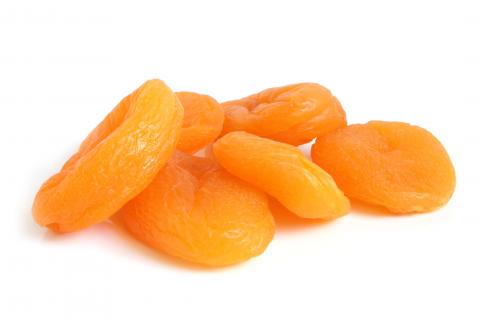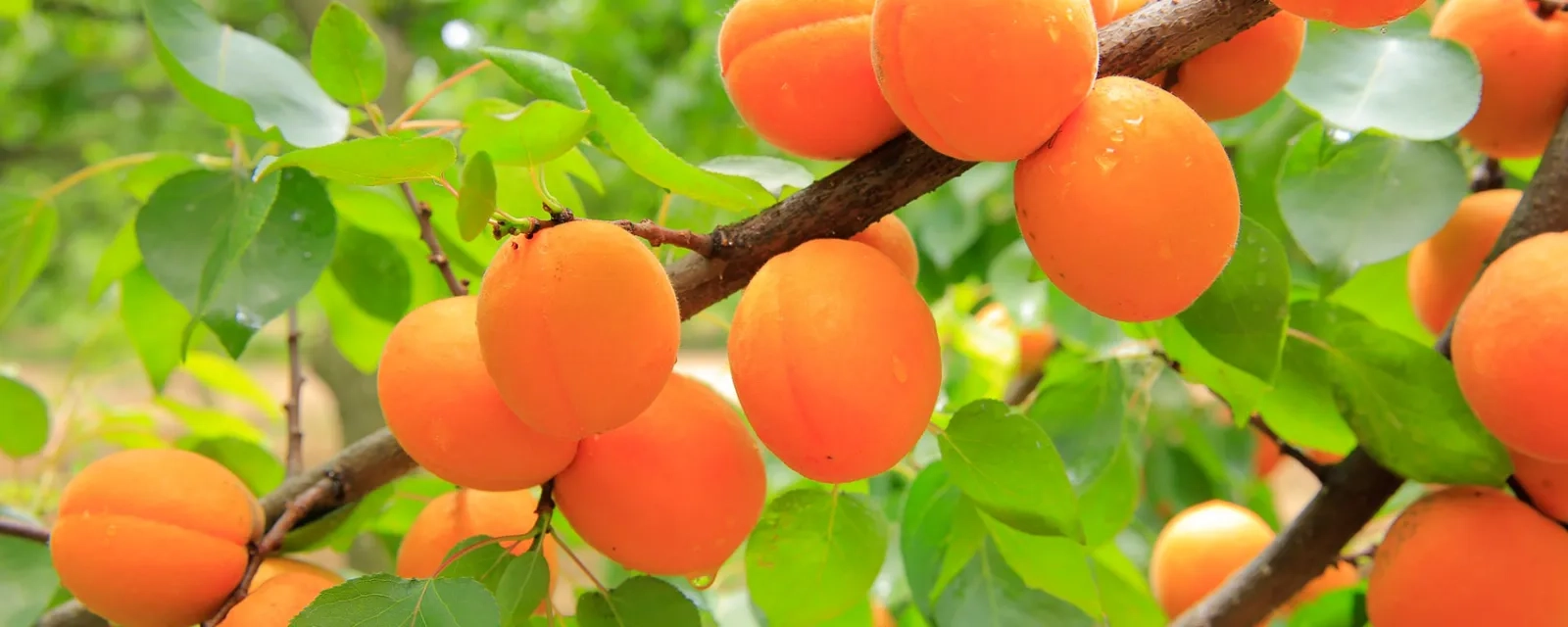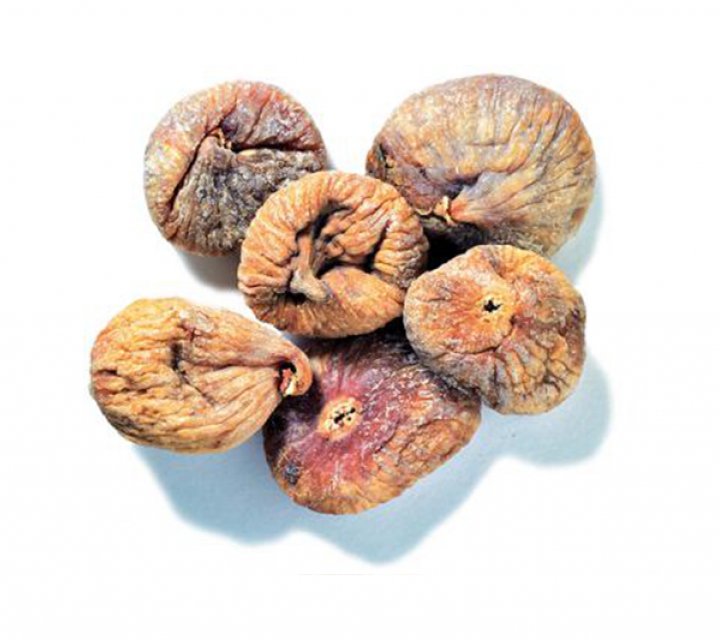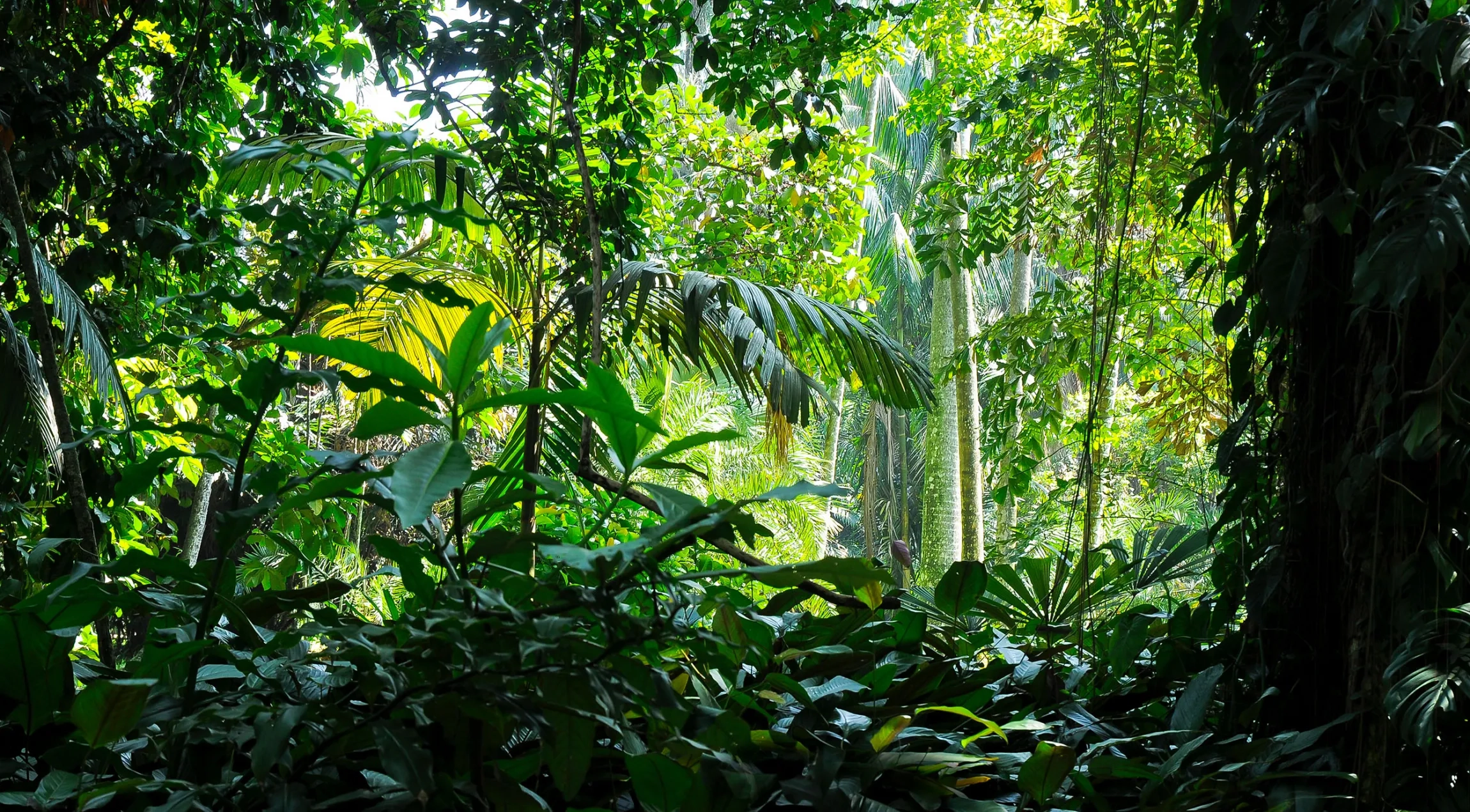Apricots
Prunus armeniaca
Origin
Türkiye
South Africa
South Africa
Harvest time
northern hemisphere: June/July
southern hemisphere: February
southern hemisphere: February
Quality
Turkish
Calibrated, sulphurized, unsulphured
South African
Choice, standard
Sizes: large, medium, small
Further qualities on request
Calibrated, sulphurized, unsulphured
South African
Choice, standard
Sizes: large, medium, small
Further qualities on request
All products are also available from certified organic cultivation.
For product specifications, please contact:
Dirk Elsmann (d.elsmann@keyaniyan.de)
Katrin Ohlhoff (k.ohlhoff@keyaniyan.de)
Image












